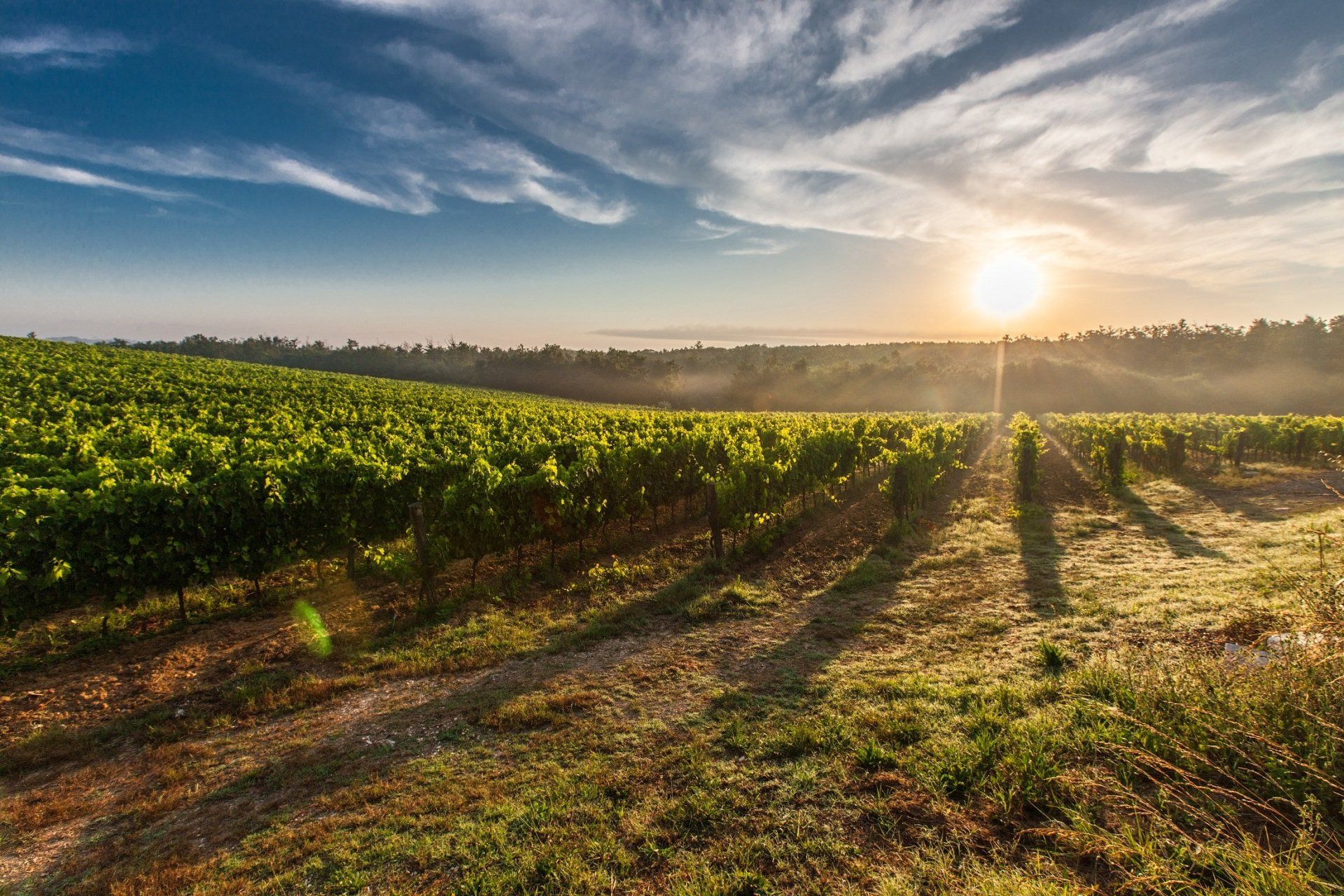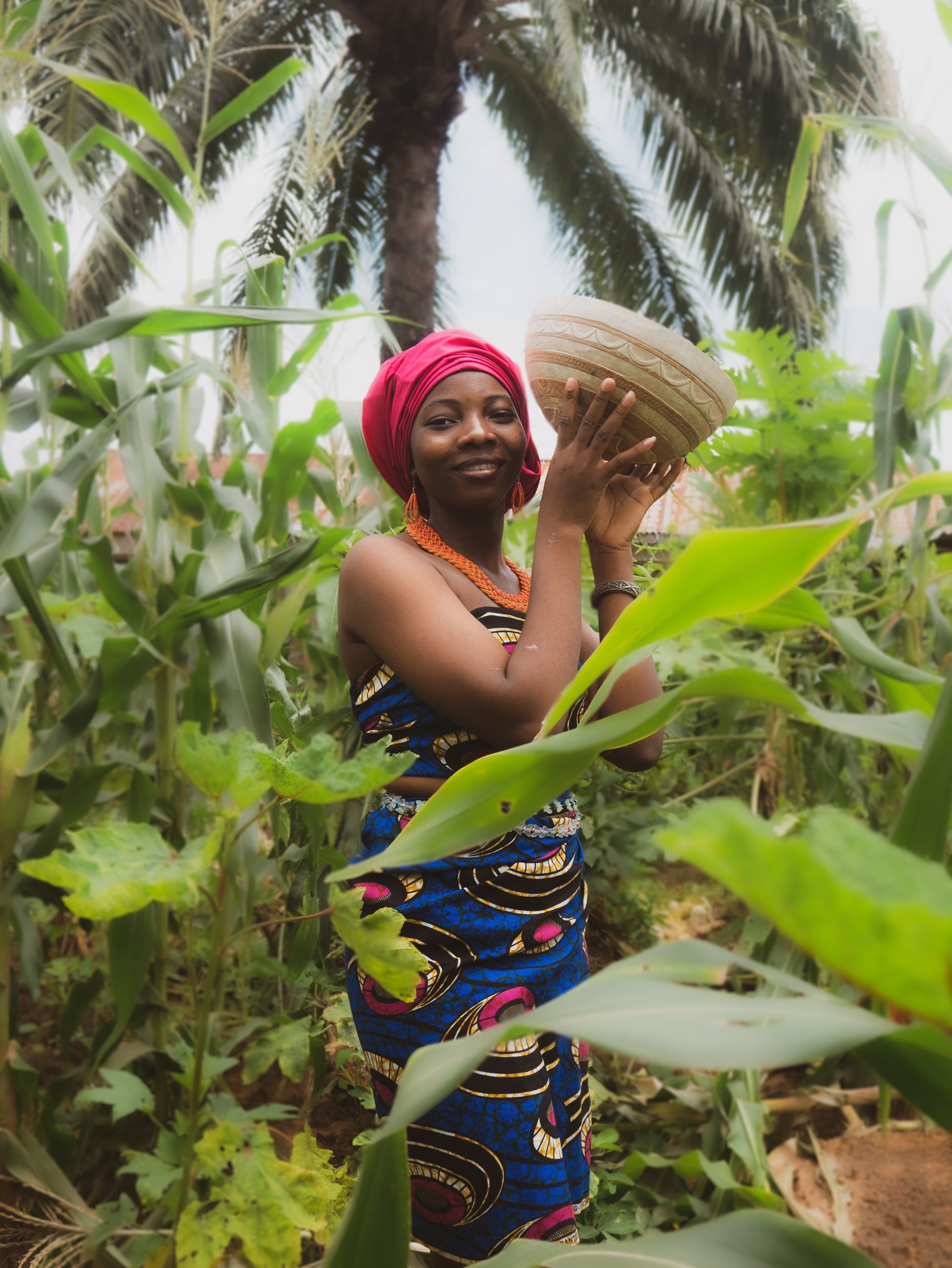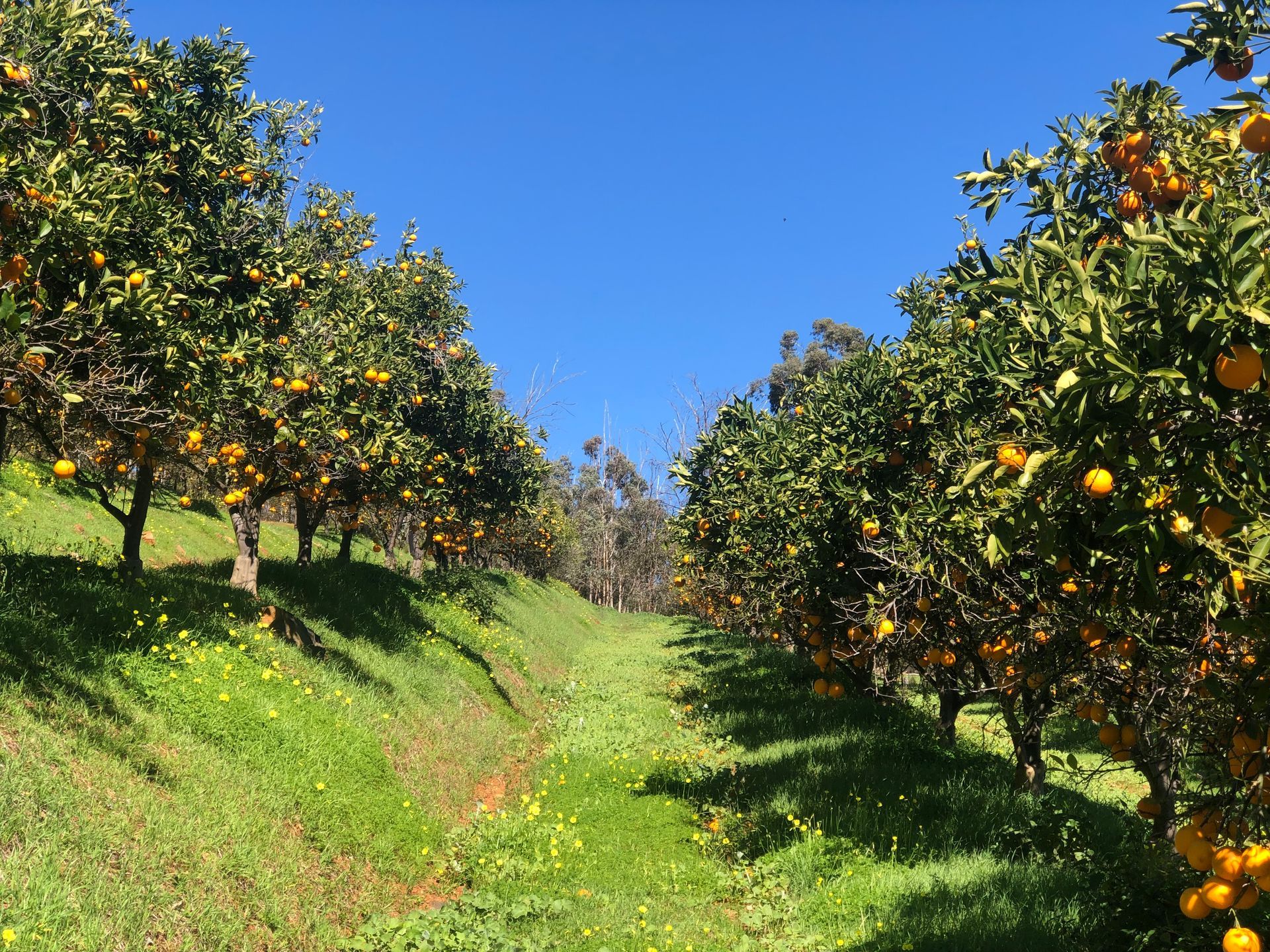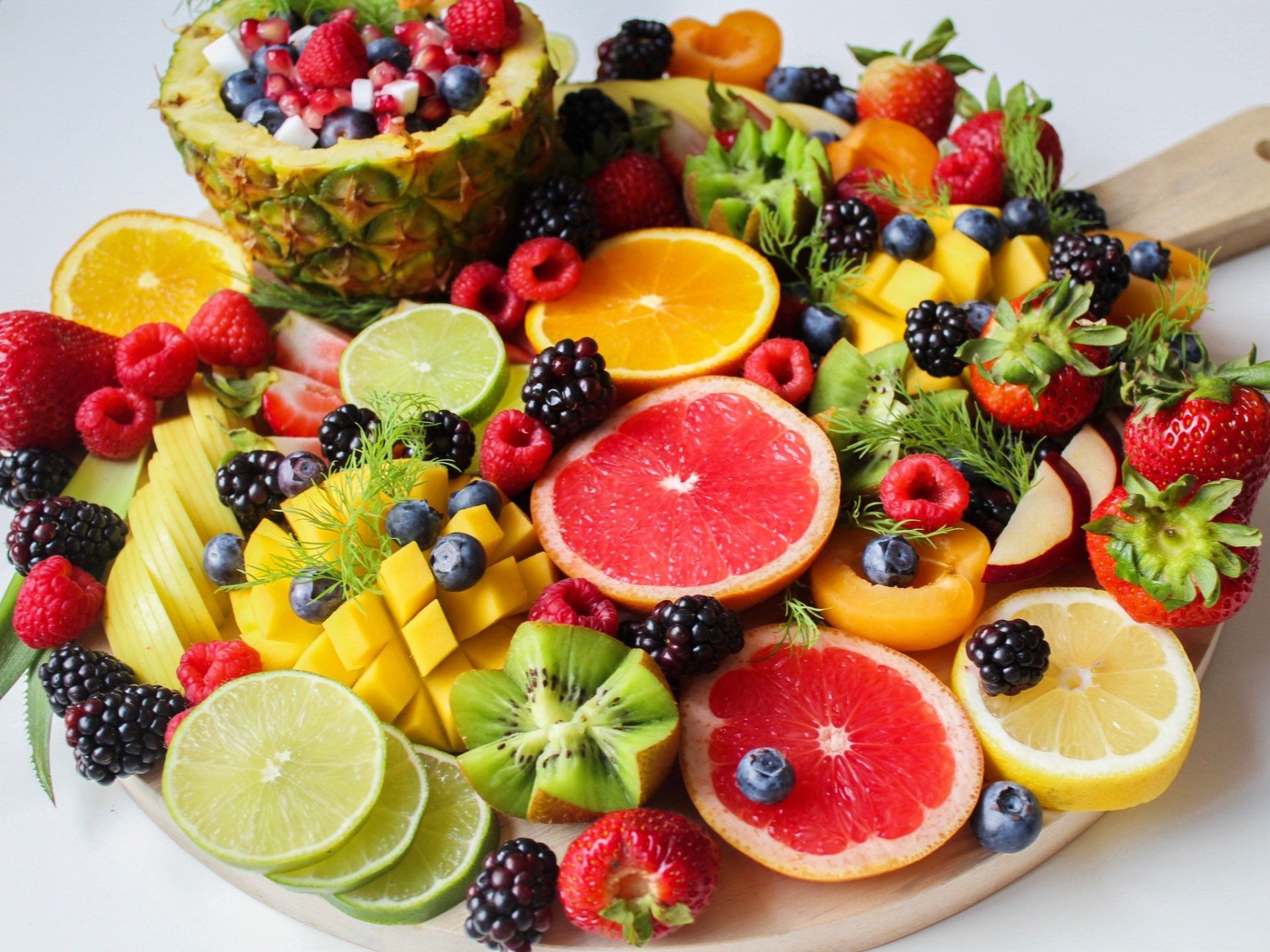News

by 2K Farms
•
16 Apr, 2023
Starting your own farm can be a rewarding experience, but it's important to do your research and plan ahead. Here are some tips to help you get started: Do your research. Before you buy any land or livestock, it's important to do your research and learn as much as you can about farming. This includes learning about different types of farming, the different crops and livestock that you can raise, and the different farming methods that are available. You can find information about farming online, at your local library, or by talking to other farmers. Get the necessary training. Once you've done your research, you may want to consider getting some formal training in farming. There are many different types of farming schools and programs available, both online and in person. Getting some formal training can give you the skills and knowledge that you need to be successful as a farmer. Find the right land. The type of land that you need will depend on the type of farming that you want to do. If you want to raise crops, you'll need land that is suitable for farming. If you want to raise livestock, you'll need land that has enough space for your animals to graze. It's also important to consider the cost of land, the availability of water, and the proximity to markets and other resources. Get the necessary equipment. Farming can be a labor-intensive activity, so you'll need to have the right equipment to make your job easier. This includes things like tractors, plows, harvesters, and irrigation systems. You can buy used equipment to save money, or you can rent equipment from a local farm supply store. Get financing. Starting a farm can be expensive, so you'll need to find a way to finance your operation. There are a number of different financing options available, including loans from banks, credit unions, and government agencies. You may also be able to get grants or other forms of financial assistance from local or state government agencies. Market your products. Once you've started producing food, you'll need to find a way to sell it. There are a number of different ways to market your products, including selling at farmers markets, selling to local restaurants, and selling online. You can also contact local grocery stores and see if they're interested in carrying your products. Get help from others. Starting a farm can be a lot of work, so don't be afraid to ask for help from others. There are a number of different organizations that can provide you with support, including the USDA's Natural Resources Conservation Service (NRCS), the Farm Service Agency (FSA), and the Cooperative Extension Service. You can also find support from other farmers in your area. Starting your own farm is a big undertaking, but it can be a very rewarding experience. By following these tips, you can increase your chances of success.

by 2K Farms
•
20 Mar, 2023
There are many benefits to eating locally grown food. Here are just a few: Fresher food: Locally grown food is picked and shipped shorter distances, so it arrives at your table fresher and full of flavour. Healthier food: Locally grown food is often grown without the use of pesticides and herbicides, which can be harmful to your health. Supports local farmers: When you buy locally grown food, you're supporting your local farmers and the local economy. Reduces food waste: Locally grown food is often sold at farmers markets and other small businesses, where it's more likely to be consumed before it goes to waste. Good for the environment: Locally grown food requires less energy to transport, which helps to reduce greenhouse gas emissions and protect the environment. If you're looking for a way to eat healthier, support your local community, and help the environment, then eating locally grown food is a great option. Here are some tips for finding locally grown food: Look for farmers markets in your area. Ask your local grocery store if they carry locally grown produce. Support restaurants that source their ingredients from local farms. Join a community-supported agriculture (CSA) program. With a little effort, it's easy to find and enjoy the benefits of locally grown food.

by 2K Farms
•
14 Feb, 2023
2K Farms is committed to sustainable farming practices. We believe that it is possible to produce healthy, delicious food without harming the environment. We use a variety of sustainable farming methods, including: Organic farming: We do not use synthetic pesticides, herbicides, or fertilizers. Instead, we rely on natural methods to control pests and weeds, and we use compost and other organic materials to fertilize our crops. Water conservation: We use water-efficient irrigation systems and crops that are adapted to our climate. We also recycle water whenever possible. We are committed to providing our customers with the highest quality food possible. We believe that everyone deserves to have access to healthy, affordable food, and we are proud to be a part of the solution. The Benefits of Sustainable Farming There are many benefits to sustainable farming, including: Better for the environment: Sustainable farming practices help to protect the environment by reducing pollution, conserving water, and preventing soil erosion. Healthier food: Sustainable farming methods produce healthier food that is free of harmful chemicals. More sustainable food system: Sustainable farming helps to create a more sustainable food system that is less reliant on fossil fuels and other non-renewable resources. Supports local economies: Sustainable farms often sell all or part of their products locally, which helps to support local economies. If you are looking for healthy, delicious food that is good for the environment, then I encourage you to support sustainable farms like 2K Farms.

Location
Off the Bawjiasi Swedru Highway
GPS coordinates: 5.6633109,-0.5492061
Digital address: CW-0681-7059
GET IN TOUCH
© 2024
All Rights Reserved | 2K Farms
Website developed by FullPivot


